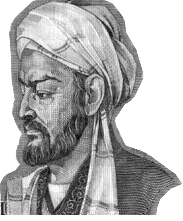Abd Allah ibn Husayn, a pivotal figure in the Shia tradition, represents the ethical and spiritual ideals deeply embedded within Islamic thought. His life and legacy continue to provide a profound source of inspiration and moral guidance for Shia Muslims worldwide. This article will explore the teachings and contributions of Abd Allah ibn Husayn, delving into his historical significance, philosophical insights, and the impact of his martyrdom on Shia identity. Each section will illuminate various facets of his character and teachings, offering a comprehensive understanding of his role in Islamic history.
Historical Context: Abd Allah ibn Husayn’s Life and Times
Born into the notable lineage of the Prophet Muhammad, Abd Allah ibn Husayn was the grandson of Imam Ali and Fatimah, the daughter of the Prophet. His life unfolded during a tumultuous period in early Islamic history, marked by the political upheaval following the assassination of the third caliph, Uthman ibn Affan. As sectarian divisions began to crystallize, Abd Allah’s commitment to justice and righteousness became increasingly paramount. The Umayyad dynasty’s ascendance created an environment rife with oppression, further galvanizing his resolve to stand against tyranny.
Abd Allah’s legacy is inextricably linked to the events at Karbala, where he, alongside his family and companions, faced overwhelming odds against the forces of Yazid ibn Muawiya. This confrontation culminated in his martyrdom on the 10th of Muharram, known as Ashura, a date that resonates deeply within the hearts of Shia Muslims. His actions at Karbala are not merely historical events; they represent profound ethical principles that continue to shape Shia beliefs and practices.
Tags
Share this on:
[addtoany]


